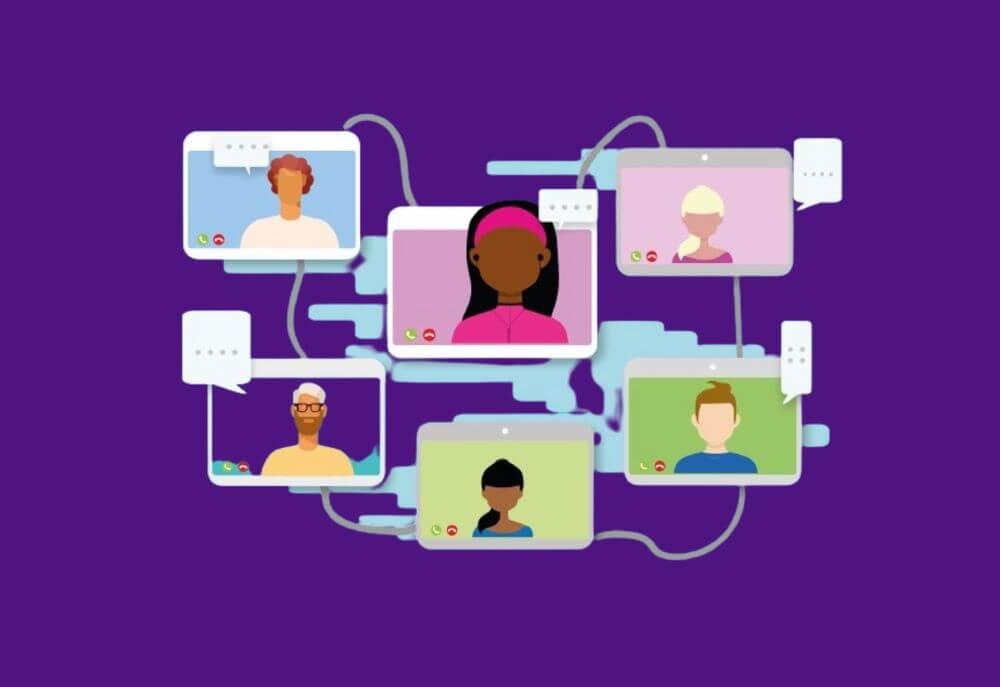In today’s competitive job market, landing your dream job often involves more than acing a formal interview. More and more companies are using informal interviews to get to know candidates in a relaxed setting. Understanding how informal interviews work can give you a big advantage in your job search. This guide will explain what informal interviews are, why they’re beneficial, and how you can prepare to make the most of these unique opportunities.
What Is an Informal Interview?
An informal interview is a casual meeting between a candidate and a potential employer, usually held outside the traditional office. It might happen over coffee, lunch, or even during a virtual chat. Unlike formal interviews, which follow a set format with specific questions, informal interviews are more like friendly conversations.
The relaxed nature of informal interviews creates a comfortable environment for both parties to engage in open dialogue. This setting allows employers to assess a candidate’s cultural fit and genuine interest in the company. At the same time, candidates can learn more about the company culture and see if it aligns with their career goals.
Benefits of Informal Interviews
Informal interviews offer several benefits for both candidates and employers:
- Showcasing Personality and Communication Skills: Candidates can display their interpersonal and communication skills in a natural setting.
- Assessing Cultural Fit: Employers can see if a candidate’s values and work style match the company’s culture.
- Reducing Stress: The informal setting can ease the pressure of formal interviews, allowing for a more authentic interaction.
- Open Dialogue: Both parties can have an open conversation, asking thoughtful questions and sharing additional information that might not come up in a formal interview.
How Informal Interviews Differ from Formal Interviews
Here are the key differences between informal and formal interviews:
- Structure: Formal interviews are structured with a set list of questions to assess qualifications and skills. Informal interviews are unstructured and flow like a conversation.
- Atmosphere: Formal interviews are professional and sometimes rigid, while informal interviews create a comfortable environment that encourages openness.
- Focus: Formal interviews focus on skills and experience, whereas informal interviews delve into personality, values, and cultural fit.
Preparing for an Informal Interview
Even though informal interviews are relaxed, preparation is still crucial. Here are some tips to help you get ready:
1. Research the Company and Role
Learn about the company’s mission, values, and recent news. Understand the role you’re interested in and how it fits with your career goals.
2. Reflect on Your Career Goals
Be ready to talk about your long-term aspirations and how they connect with the potential employer’s opportunities. This shows that you have a clear direction for your career.
3. Prepare Thoughtful Questions
Show your genuine interest by preparing questions about the company culture, the team’s dynamics, and the biggest challenges the company faces. Asking insightful questions indicates that you’re proactive and engaged.
4. Consider the Setting
Dress appropriately for the informal setting, aiming for business casual attire. Arrive early to settle in and show professionalism. Remember, even in a relaxed setting, first impressions count.
Tips for Succeeding in an Informal Interview
- Be an Active Listener: Fully engage in the conversation, showing that you’re attentive and interested. This builds rapport and shows respect.
- Communicate Effectively: Use your communication skills to express your thoughts clearly and confidently.
- Show Genuine Interest: Be enthusiastic about the company and the role. Employers appreciate candidates who truly want to join their team.
- Highlight Your Cultural Fit: Explain how your values align with the company culture and how you can contribute positively to the team.
- Stay Professional: Even though the setting is informal, maintain professionalism throughout the interaction. This shows you can adapt to different situations while keeping a professional demeanor.
Potential Questions and How to Answer Them
In informal interviews, you might be asked open-ended questions to spark discussion. Here are some common questions and tips on how to answer them:
1. “Tell me about yourself.”
Provide a brief overview of your professional background, highlighting experiences relevant to the role. Focus on aspects that showcase your strengths and align with the company’s needs.
2. “What motivates you?”
Share what drives you professionally, aligning your motivations with the company’s mission or values. This helps the employer see how you might fit within their team.
3. “What are your long-term career goals?”
Discuss your aspirations and how the potential role fits into your career path. This shows ambition and a strategic approach to your career.
4. “Why are you interested in our company?”
Express your genuine interest by mentioning specific aspects of the company culture or projects that appeal to you. This shows you’ve done your homework and are sincerely interested in what they do.
5. “How do you handle challenges at work?”
Provide examples of how you’ve overcome obstacles, showcasing your problem-solving abilities and resilience. Employers value candidates who can navigate difficulties effectively.
Conducting an Informal Interview as a Hiring Manager
For hiring managers, informal interviews are a chance to assess candidates beyond their resumes. Here are some tips:
- Set a Comfortable Tone: Create a relaxed atmosphere to encourage open dialogue. This helps candidates feel at ease and more willing to share.
- Ask Insightful Questions: Focus on open-ended questions that allow candidates to share more about themselves. This can reveal insights into their personality and work style.
- Observe Communication Skills: Pay attention to how candidates express themselves and engage in the conversation. Strong communication skills are essential in any role.
- Assess Cultural Fit: Consider whether the candidate’s values and personality align with the company culture. This is crucial for team cohesion and long-term success.
- Provide Additional Information: Share details about the company, team, and role to help candidates assess their fit. Being transparent builds trust and attracts the right talent.
The Importance of Cultural Fit and Company Culture
Cultural fit is a key factor in hiring decisions. Employers look for candidates who align with their company culture, as this often leads to higher job satisfaction and better performance. During an informal interview, show how your values and work style complement the company’s ethos.
Using Informal Interviews to Assess Communication Skills and Career Goals
Informal interviews are an excellent opportunity for employers to evaluate a candidate’s communication skills and understand their career goals. Effective communication is essential in any role, and seeing how candidates express their thoughts in a relaxed setting can be revealing. Discussing career aspirations helps determine if the candidate’s goals align with the company’s direction.
The Role of Thoughtful Questions and Active Listening
Engaging in an open conversation requires both parties to be active listeners. Asking thoughtful questions not only shows your interest but also helps you gather valuable information about the potential employer. Active listening ensures that you fully understand the discussion and can respond appropriately.
How to Follow Up After an Informal Interview
Following up after an informal interview is just as important as after a formal one. Send a thank-you note expressing your appreciation for the opportunity to meet and reinforcing your interest in the role. This simple gesture shows professionalism and keeps you fresh in the employer’s mind.
Does an Informal Interview Mean You’re Getting an Offer?
An informal interview is generally a good sign that the employer is interested in you. However, it doesn’t necessarily mean a job offer is on the way. It’s an opportunity for both sides to explore the potential for working together. Use this chance to make a strong impression and move forward in the hiring process.
Conclusion
Informal interviews are becoming more common in the hiring process, offering unique advantages for both candidates and employers. By understanding what informal interviews are and how to navigate them, you can take control of your meetings and make a strong impression on potential employers. Remember, even in informal situations, professionalism, genuine interest, and effective communication are key to showing that you’re a good fit for the company. Approach these opportunities with confidence, and you’ll be well on your way to advancing your career.
Additional Information
- Supernormal Advantage: Using tools like Supernormal can help you organize your thoughts and notes from informal interviews, ensuring you capture all the important details.
- Biggest Challenges: Don’t hesitate to discuss challenges you’ve faced and how you’ve overcome them. This shows resilience and problem-solving skills.
By following these guidelines and embracing the relaxed nature of informal interviews while staying professional, you’ll increase your chances of success. Good luck!



